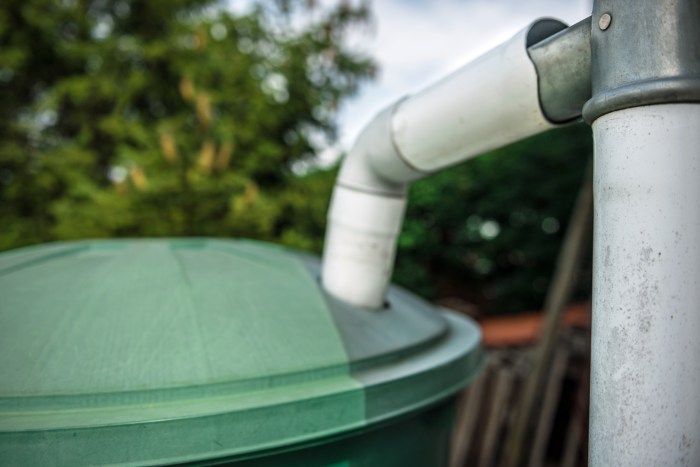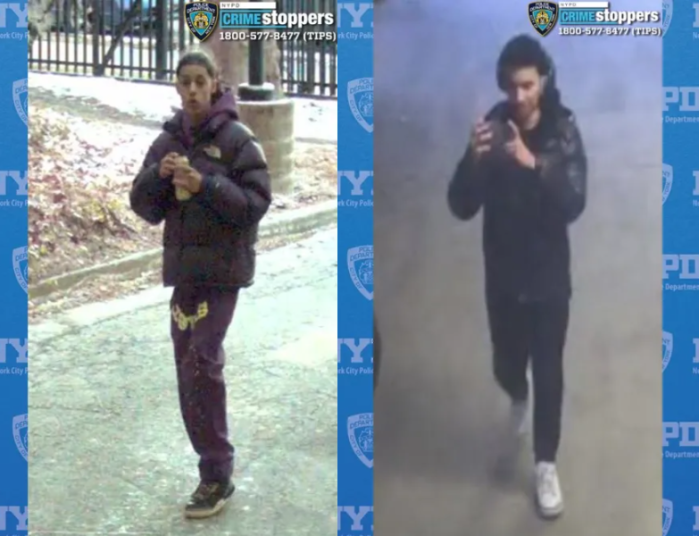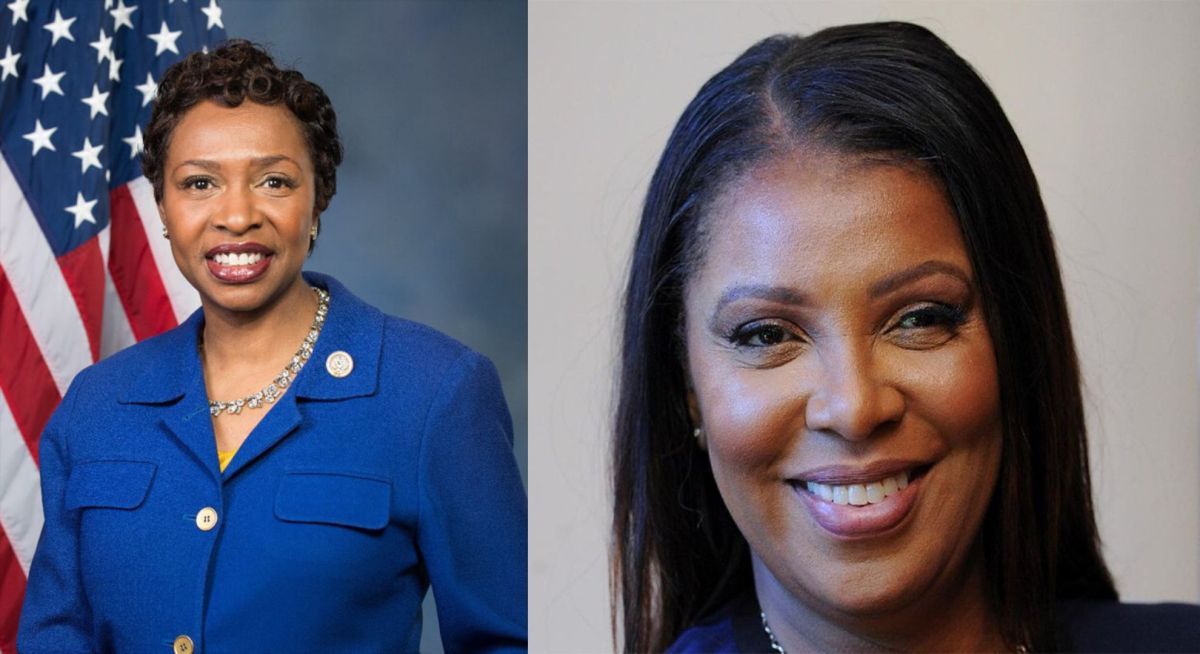Caribbean Community leaders were set to meet starting Wednesday in Jamaica for the main of their two annual summits with key issues like problems in the single trading market on the agenda, but a discussion about a harmonized regional approach to marijuana possession and use could well emerge as a main discussion point.
Back at a summit in 2014 in St. Vincent, leaders had agreed that the time had come to confront this highly contentious issue once and for all given moves to legalize use of specified quantities by governments around the world and concerns across the bloc that its youths were unnecessarily being criminalized for possessing and using miniscule amounts of the narcotic. Concerns were also raised about overcrowding in jails.
So a nine-person commission that leaders appointed had spent the past four years studying this marijuana, moving around the region, sounding out views.
Mandated to hand leaders a document they could work with at this week’s summit, the commissioners met the deadline and have made what appears to be a set of reasoned recommendations that do not, however, cater for any form of export trade of cultivated marijuana just yet.
What they have in fact suggested to heads of government is that laws governing the prohibition of marijuana be disbanded and its use be treated in the same manner as alcohol or tobacco with the necessary safeguards and rules in place.
“Alcohol and tobacco are harmful substances that are not criminalized in CARICOM states. The commission is unanimous in its view that the current classification for cannabis–marijuana as a ‘dangerous drug’ with ‘no value’ or narcotic should be changed to a classification of legal cannabis as a ‘controlled substance,’” the Gleaner Newspaper reported, quoting from the report.
The document also noted that commissioners unanimously agreed that children and youths must be protected from the “possible adverse effects of cannabis and recommended drug-driving laws and mechanisms should be put in place to prevent persons from driving under the influence.
It gave a strong hint that the commission recognizes that marijuana has medicinal uses, noting that prohibition for children and younger persons “within an appropriate age limit should be maintained, except for medical reasons. It further pointed out that young people who use marijuana should be directed to treatment and diversion programs rather than being prosecuted or criminalized.
But even before all 15 leaders who have confirmed attendance go over the report, it has to be noted that three bloc member states-Antigua, Belize and Jamaica-have already bolted from the pack and have gone ahead and have already legalized small amounts without any police or legal ramifications. So far there have been no major set of negative reports about marijuana abuse since three three took unilateral action.
In the meantime, bloc Secretary General Irwin LaRocque sought to calm any anxieties about a regulated commercial trade in marijuana despite the fact that other countries are some American states are doing so. He told reporters that international laws currently bar such a trade, noting that medicinal and personal use must be distinguished from commerce.
“I think we have to separate marijuana based on what one considers its two uses — recreational marijuana and medical marijuana. Certainly, the commission encourages, in addition to decriminalization of marijuana, freeing up marijuana for scientific purposes and medical use. Within that context, I would imagine that one could allow for trade in medicinal marijuana. There is a distinction to be made. International law, governed by various statutes of the UN would preclude, at this point in time, the trade of recreational marijuana. Even within the U.S., for instance, you can’t move marijuana from those states who have legalized it into those states who have not, unless it’s medical marijuana,” LaRocque cautioned.
The Montego Bay, Jamaica summit will be remembered for being one of the few for which all 15 leaders and those of the five associated member states has confirmed attendance, including usual absentee President Desi Bouterse of Suriname.
The conference will entertain two hemispheric leaders, including Cuba’s brand new President Miguel Diaz-Canel and Chile’s Sebastian Pinera as well as U.S. Deputy Secretary of State John Sullivan.

























